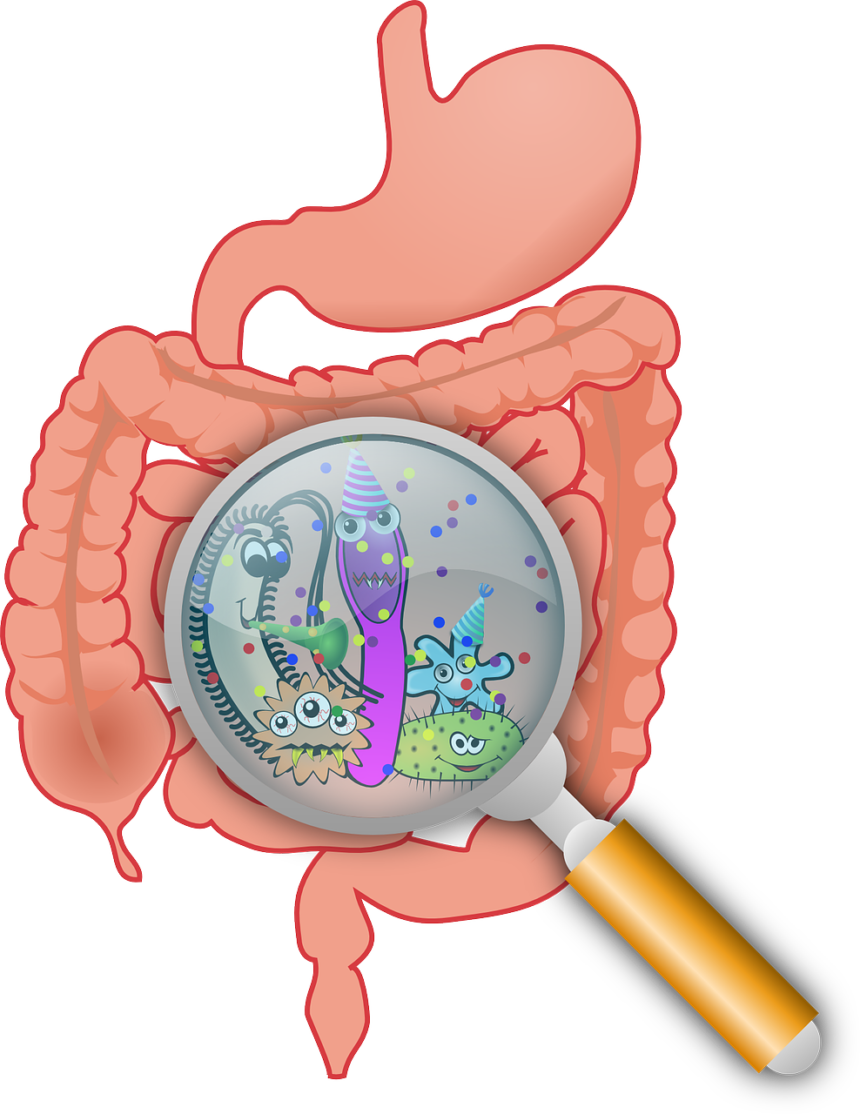Leaky Gut Syndrome
What is it?
Leaky Gut syndrome refers to damage to the gut lining that increases the permeability of the intestines and allows irritant substances to pass through, and potentially trigger inflammation in the digestive tract and beyond.
When working properly, our extensive gut lining has a very efficient barrier system that regulates what substances get absorbed into the bloodstream. An efficient and healthy gut will be able to differentiate between nutrients and toxins, making sure that we are extracting the goodness from our diet.
A Leaky Gut will struggle with this and eventually the sufferer can experience symptoms of ill health and even develop chronic disease.
What are the symptoms?
Here are some of the most prominent signs and symptoms of a Leaky Gut:- Abdominal cramping
- Painful digestion from reduction of the intestinal mucosa
- Diarrhea
- Bloating and excessive gas
- Low energy
- Possible burning sensation within the abdomen
- Brain fog
- Poor concentration
- Skin problems
What causes Leaky Gut syndrome?
There are several factors that can influence someone's intestinal permeability and those considered the most likely to cause a Leaky Gut include:
- Chronic gut inflammation - people who suffer from repeated bouts of gut inflammation such as Inflammatory Bowel Disease (IBD / IBS), Coeliac disease, Crohn's disease or Colitis, are at risk of developing a Leaky Gut.
- Food allergies - regular consumption of foods / ingredients that our body struggles to digest can fire up an immune response. If this occurs frequently enough (often for a long time without realising!) then inflammation can accumulate in the gut and eventually disrupt the entire body.
- Alcohol / Drug abuse - alcohol and drugs (both over the counter & illegal) consumed on a regular basis, will place an incredible strain on the gut lining and eventually disrupt the body's capability to regulate the gut's permeability. In particular, frequent consumption of anti-inflammatories (ibuprofen / aspirin / naproxen) can lead to chronic damage of the gut lining.
- Genetic predisposition - certain people may be more predisposed to developing this condition because they have a more sensitive gut lining from birth and struggle with any changes to the digestive system.
The shared opinion amongst scientists studying Leaky Gut is that it's onset is a combination of the above and our modern lifestyles. A diet that is low in fibre and high in sugar combined with a reduction in outdoor activity and human physical interaction, will essentially lead to a weakening of the gut lining.
How do you treat Leaky Gut syndrome?
The treatment, management and prevention of Leaky Gut syndrome starts with an accurate diagnosis and the acknowledgement of the symptoms above.
If you suspect that you may have a Leaky Gut then the first thing to establish is your 'trigger ingredients' - those that are damaging your gut lining.
- Trigger ingredients tend to be unique to each individual and often it’s a case of trial and error to decipher your personal triggers. A fantastic scientifically proven method of identifying your triggers is to try an elimination diet. Our favourite is the FODMAP diet as it's a very logical process and elicits fantastic results. This method is far more explanatory than other tests on the market like hair follicle sample tests!
Next, it would be sensible to take time out to establish your emotional stress triggers - frequent scenarios or tasks throughout the week that you know will 'wind you up'.
- Emotional stress - chronic emotional stress is proven to negatively impact our gut health. When you consider the age-old sayings of ‘feeling wound up’ or ‘butterflies in the stomach’, the relationship between emotional stress and abdominal discomfort has been acknowledged for centuries. Trying methods to manage emotional stress such as; Yoga, Meditation, Breath work and / or Relaxation exercises, are all great ways to help you 'down regulate' return to a more relaxed and calm mind.
After you have reduced your 'triggers', it's now time to introduce supplements that will both repair and restore your gut lining, thereby reducing it's permeability.
- Gut repair - recent research has identified that pre- and pro-biotic rich foods, and supplements aimed at reducing gut inflammation, can significantly improve the gut lining and contribute to it's future resilience.

